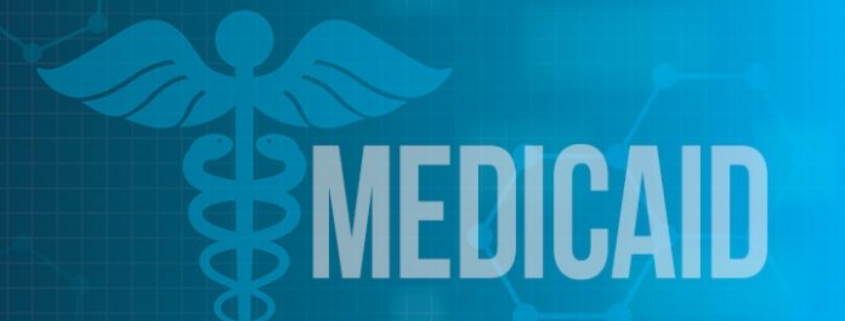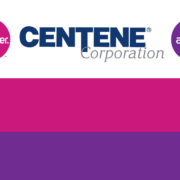2020 COVERAGE FOR LAWFULLY PRESENT IMMIGRANTS: Lawfully present immigrants are eligible for coverage through the Health Insurance Marketplace.
The term “lawfully present” includes immigrants who have: “Qualified non-citizen” immigration status without a waiting period (see details below) Humanitarian statuses or circumstances (including Temporary Protected Status, Special Juvenile Status, asylum applicants, Convention Against Torture, victims of trafficking) Valid non-immigrant visas Legal status conferred by other laws (temporary resident status, LIFE Act, Family Unity individuals) See a full list of immigration statuses eligible for Marketplace coverage.
Lawfully present immigrants and Marketplace savings
If you’re a lawfully present immigrant, you can buy private health insurance on the Marketplace. You may be eligible for lower costs on monthly premiums and lower out-of-pocket costs based on your income.
If your annual income is 400undefined federal poverty level: If you’re not otherwise eligible for Medicaid you’ll be eligible for premium tax credits and other savings on Marketplace insurance, if you meet all other eligibility requirements.
Immigrants and Medicaid & CHIP
Immigrants who are “qualified non-citizens” are generally eligible for coverage through Medicaid and the Children’s Health Insurance Program (CHIP), if they meet their state’s income and residency rules.
In order to get Medicaid and CHIP coverage, many qualified non-citizens (such as many LPRs or green card holders) have a 5-year waiting period. This means they must wait 5 years after receiving “qualified” immigration status before they can get Medicaid and CHIP coverage. There are exceptions. For example, refugees, asylees, or LPRs who used to be refugees or asylees don’t have to wait 5 years.
The term “qualified non-citizen” includes:
* Lawful Permanent Residents (LPR/Green Card Holder)
* Asylees
* Refugees
* Cuban/Haitian entrants
* Paroled into the U.S. for at least one year
* Conditional entrant granted before 1980
* Battered non-citizens, spouses, children, or parents
* Victims of trafficking and his or her spouse, child, sibling, or parent or individuals with a pending application for a victim of trafficking visa
* Granted withholding of deportation
* Member of a federally recognized Indian tribe or American Indian born in Canada
Medicaid & CHIP Coverage for Lawfully Residing Children and Pregnant Women
States have the option to remove the 5-year waiting period and cover lawfully residing children and/or pregnant women in Medicaid or CHIP. A child or pregnant woman is “lawfully residing” if they’re “lawfully present” and otherwise eligible for Medicaid or CHIP in the state. Learn how someone is defined as lawfully present.
Twenty-nine states, plus the District of Columbia and the Commonwealth of the Northern Mariana Islands, have chosen to provide Medicaid coverage to lawfully residing children and/or pregnant women without a 5-year waiting period. Twenty-one of these states also cover lawfully residing children or pregnant women in CHIP. Find out if your state has this option in place.
Getting emergency care
Medicaid provides payment for treatment of an emergency medical condition for people who meet all Medicaid eligibility criteria in the state (such as income and state residency), but don’t have an eligible immigration status.
Medicaid, CHIP, and “public charge” status
Applying for Medicaid or CHIP, or getting savings for health insurance costs in the Marketplace, doesn’t make someone a “public charge.” This means it won’t affect their chances of becoming a Lawful Permanent Resident or U.S. citizen.There’s one exception. People receiving long-term care in an institution at government expense may face barriers getting a green card.
Read More at: https://www.healthcare.gov/immigrants/lawfully-present-immigrants/







